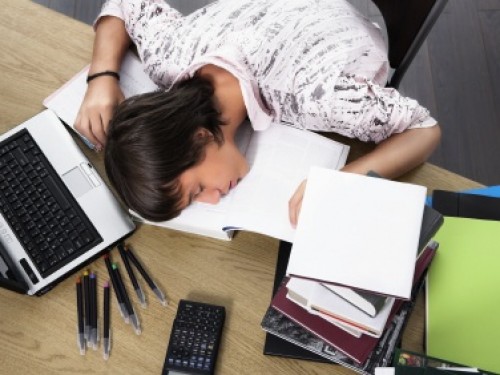

During the MSLT, you are monitored at the Sleep Laboratory and have a series of nap trials during the day. The MSLT is a daytime test that follows the overnight sleep study. In the event all of the criteria are not met, you will need to return to the Sleep Lab in order to complete the study. Certain criteria must be met in order to get a good sleep study reading (i.e., amount of time recorded, etc.). Our sleep medicine physician can determine if you would be a good candidate for this type of study. Split Night StudyĪ split night study includes both the PSG and titration study on the same night. As the air pressure is adjusted, we will be able to find the correct pressure to control your OSA. The technician will monitor you during the night and adjust the air pressure in your mask according to written protocol and your needs. You will also wear a mask and use a CPAP or BiPAP machine during the test. I sleep just fine at night, and have never had an issue. Do I have to get a sleep study done or can I get a second, I had one done in 2015 and have since lost weigh. Imho the dr was a quack, conveyor belt Dr. Titration Studyĭuring the titration study, one of our technicians will hook you up again to the electrodes. I was told I need a sleep study before I get my card, but he gave me a three month card. Physicians like to have 2 weeks between the PSG and the titration study in order to get good readings. If the test shows positive for obstructive sleep apnea (OSA), you will need a second test called a titration study. The physician will call you with your results. One of our physicians will score and read this test within 7-10 days.

The study will monitor body functions such as brain waves, heart rate, leg movements and breathing during sleep. During this study, we will hook you up to electrodes that will monitor you while you sleep. Your first study is a PSG (polysomnogram). Alternatively, you could request a consultation with a sleep specialist (we can help facilitate consultations in Southern California here).We conduct the following sleep studies at the University of Michigan Sleep Disorders Center: PSG Study: The First Test In some cases, an additional sleep study to evaluate your pressure needs should be discussed with your physician. If you’re still feeling very sleepy during the day even though you’re using CPAP therapy, you may not have a good treating pressure or may be suffering from another sleep disorder (learn more about different types of sleep disorders here). You’re still experiencing symptoms even though you’re using CPAP Read more about insurance coverage for bilevel PAP therapy here.
SHOULD I HAVE A SLEEP STUDY DONE FULL
Typically, you will arrive for a full night titration study and will start with CPAP therapy until a high pressure is reached or if you become uncomfortable with the CPAP pressure. If you are using CPAP at a high pressure or suspect that you may benefit from bilevel therapy, most insurance companies will require that you demonstrate CPAP intolerance during an overnight sleep study. If you’re using a CPAP (not an autoPAP which automatically adjusts the pressure throughout the night, learn more about that here) and would like to change the pressure, you will need a new sleep study to determine the new pressure. If you’re a seasoned CPAP user, you can probably tell when your pressure requirements change. Read more about how CPAP can effect weight loss here. Some people using CPAP therapy find that they lose weight immediately after starting therapy due to increased energy levels from getting more sleep. Going into the sleep center for a titration study will allow you to have a full night’s sleep while the technician adjusts your PAP pressure up or down to find one that eliminates all or most events. If you’ve had a significant change in your weight since starting CPAP therapy, you may benefit from a different treating pressure. If, like many CPAP users, you dread the though of a night without your CPAP (you can’t use HST equipment and CPAP at the same time), you may prefer to go to the sleep center for a 50/50 or split night study (learn more about different sleep study types here). If this is the case, you may be able to get by with only a home sleep test to confirm your diagnosis (learn more about HST here). In this case, your insurance company may require a new sleep study to show that you still have sleep apnea. In recent years, machines have become smaller, quieter and most now have wireless compliance monitoring so you can keep track of your progress (and no longer have to mail in your smart card if you need a compliance report). Most insurances will cover a new CPAP every 3 to 5 years (learn more here). If your CPAP machine is more than a few years old, you may be interested in a new machine. You’re a CPAP user and would like a new machine. Usually, it’s one of the following reasons: 1. We’re asked this question on a daily basis.


 0 kommentar(er)
0 kommentar(er)
